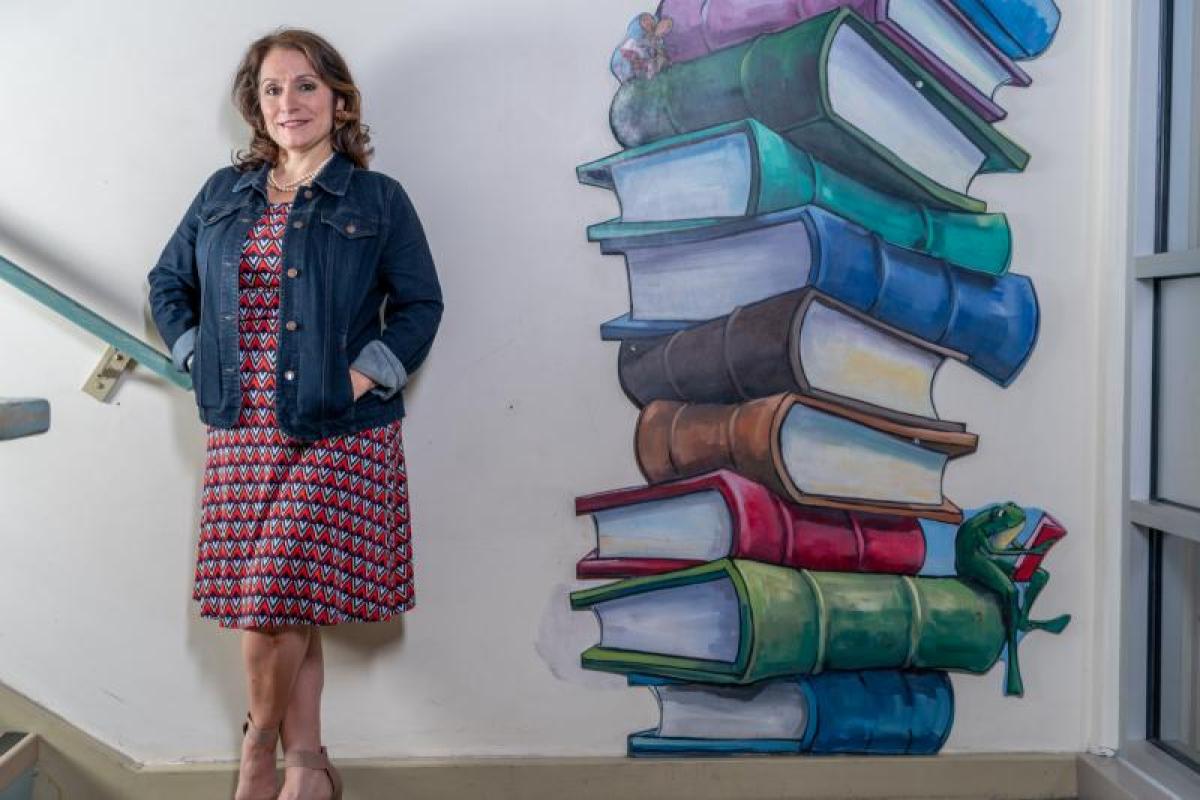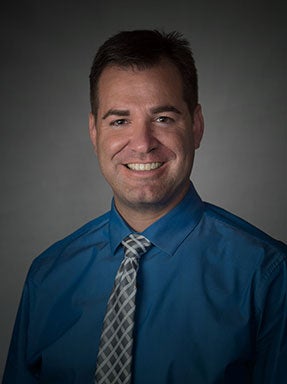DU Alumna has Deep Roots in Her Hometown District

Susana Cordova (BA ’88) has been superintendent of Denver Public Schools for nearly three months. Guiding the state’s largest school district is no easy task, and it was not made any easier when she faced a teacher strike within her first few weeks on the job. Cordova recently talked with the DU Newsroom about her new position, the labor dispute and how her experiences as a first-generation college student will impact her decisions as superintendent.
Q: After growing up in Denver, serving as a teacher, principal and administrator for DPS, what does it mean to you to be appointed the district’s superintendent?
A: I am incredibly honored to have been selected as the superintendent in the district where I grew up, both as a student and as an educator. I am also a DPS parent, so the investment I have developed over the 42 years that I have been associated with DPS (12 years as a student and 30 as an educator) is both deep and personal. How we do as an organization has had a profound impact on me, my family and my community. Sometimes we get it right, and other times we don’t, but the impact is always large. This is why I am so invested in ensuring that we create equity by design and not by accident.
Q: Do you think your knowledge and experience with the district are an advantage as you take over as superintendent?
A: I have been very fortunate to have worked in DPS over the past 30 years. I know a lot about how we have approached our work, what has been successful and what hasn’t. I also know our teams, both in schools and in the central office. The deep knowledge and relationships that I have formed over the past 30 years as an educator in DPS helped me hit the ground running. Within my first week as superintendent, I was faced with negotiating with our teachers’ union. By week three, the union had voted to strike; after working with the governor and Department of Labor, week five on the job had me overseeing the first strike in DPS in over 25 years. I can’t imagine how I would have been able to deal with this situation without having been in DPS before.
Q: No one ever expects to be confronted with a labor dispute when they take over a new role. With that behind you, what are the next steps for repairing relationships and continuing to move the district forward?
A: I believe that the new contract is a win for all of our teachers and community. We now are able to increase the base salaries of all of our teachers, as well as provide incentives for those working in hard-to-fill positions, like high school math, special education or bilingual education, as well as incentives for teachers working in our highest poverty schools. I am focused on working to increase equity, instructional excellence and collaborative teamwork with our school teams, support staff and the community. We are in the process of reorganizing our central office to ensure that we have support in these areas. Research tells us these areas accelerate our progress.
Q: When you came to the University of Denver, you were a first-generation student. How can you help other students in the district have the same opportunity you had?
A: When I first got to DU, I remember feeling that I was well-prepared academically and could keep up with my classmates in doing the work. I wasn’t as well prepared to adapt to the culture at DU, given I didn’t have a lot of experience interacting with students from different backgrounds, income levels and cultures. I made it to DU because a teacher in my high school took an interest in me and helped me apply for an El Pomar Scholarship. He wasn’t my counselor, and I didn’t even take any classes with him, but his interest in me changed my life. Without his support and DU’s scholarship, my family would never have known how to get me to DU nor how to pay for my education.
This experience had a profound impact on me. If this teacher hadn’t gone out of his way to help me, my life could have taken a very different path. I am committed to ensuring that our students don’t need to have a lucky break to get to college, but rather, we build systems that ensure each student has a plan for their postsecondary success.
Q: What role do you think higher education institutions like DU can play in helping K-12 education?
A: DU has made huge strides in helping students like me get the support they need to flourish. I am so impressed with the work of Chancellor Chopp and her focus on being a partner to our city and our Denver students and creating greater opportunities for students to be successful at DU. With programs like the Bridge Project, the Ritchie Program for School Leaders, supports for undocumented and DACA students, placing interns and supporting the development of in-service teachers and aspiring leaders, DU has been a critical partner in developing successful programs that serve the students, teachers and leaders of Denver. I am proud of my connection to DU and am excited to further our partnership in my role as superintendent of the Denver Public Schools.








